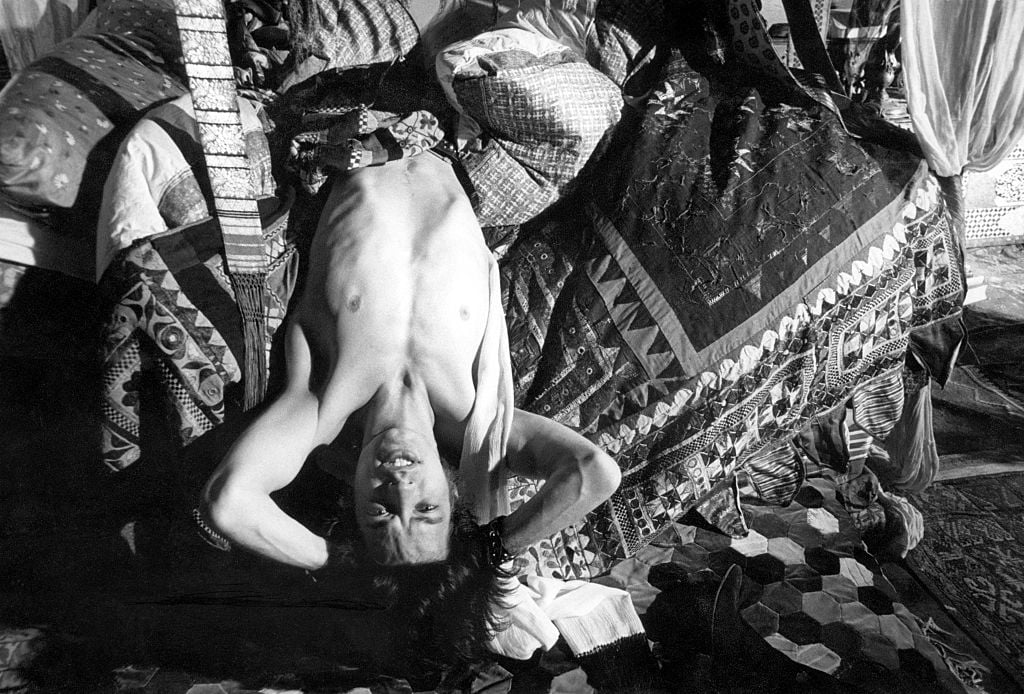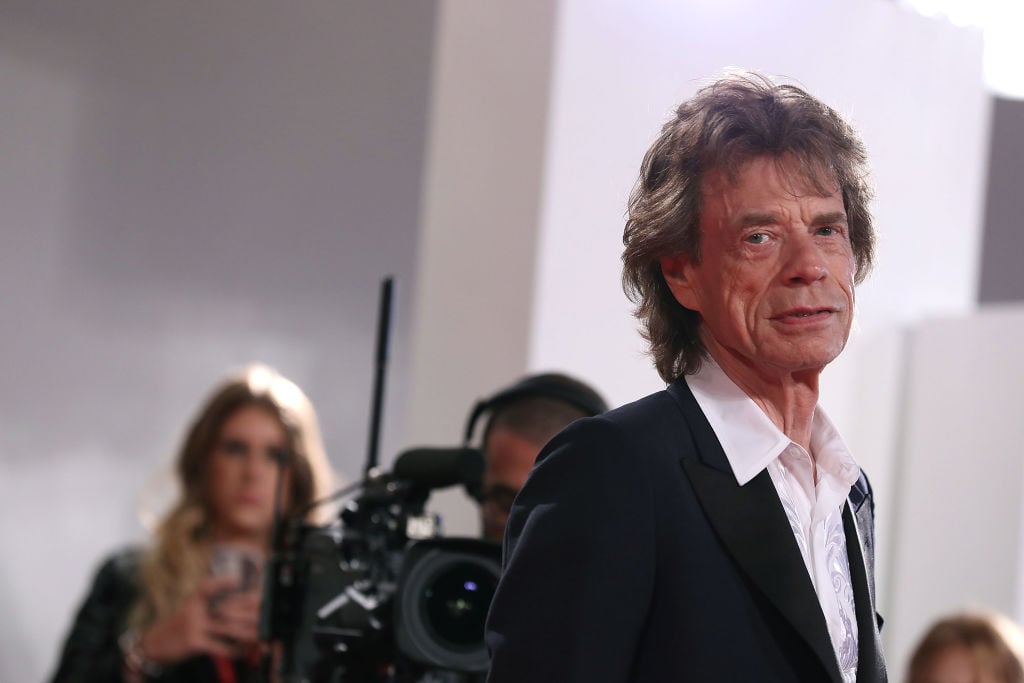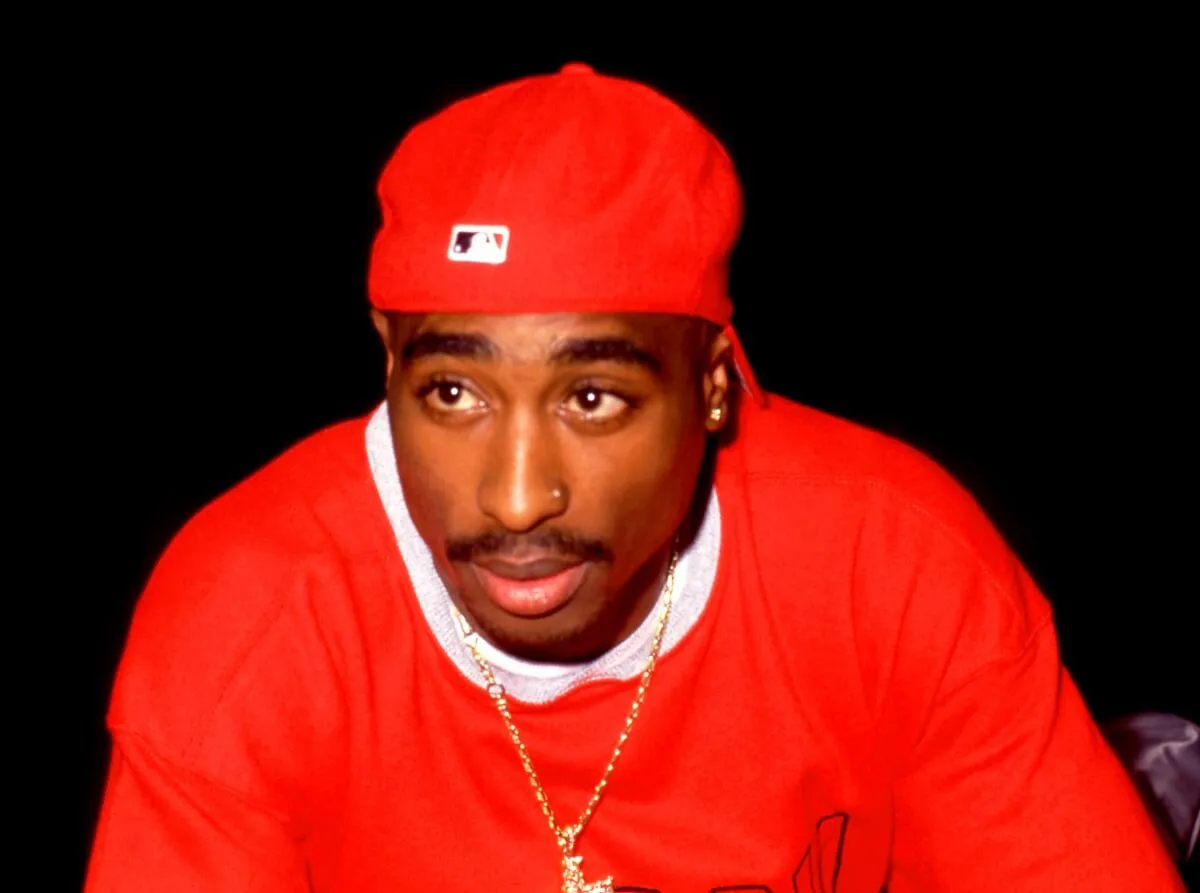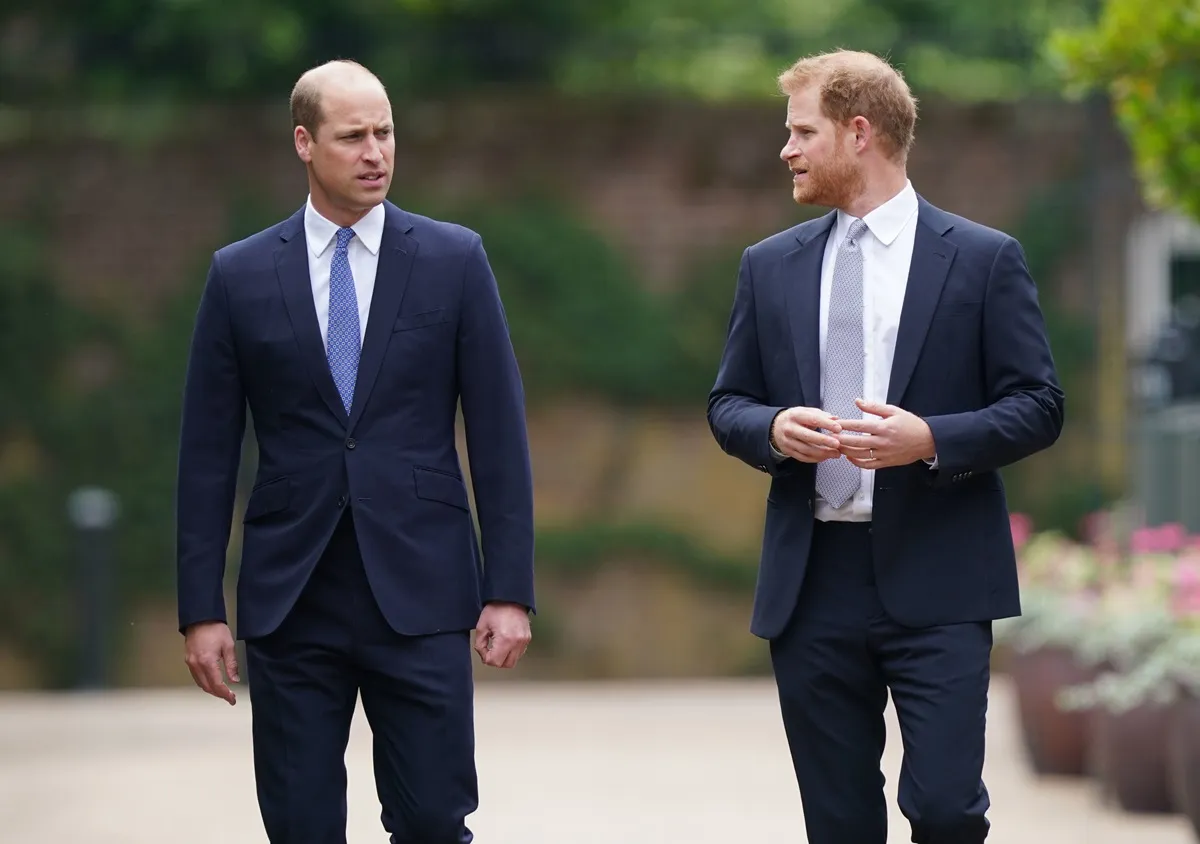Mick Jagger Is Back on the Big Screen. What Other Movies Has The Rolling Stones Frontman Appeared In?
For more than 50 years, Mick Jagger has been belting out hits like “Satisfaction” and “Start Me Up” as the frontman for The Rolling Stones. But in between hit albums and world tours, the English-born singer has staked out a career as an actor. While it’s been nearly two decades since his last film role, Jagger, 76, is back on the big screen in The Burnt Orange Heresy, which opens March 6.
Mick Jagger plays an art collector
In the film, Jagger plays a wealthy and unscrupulous art collector named who convinces an art critic named James Figueras (Claes Bang) to steal a painting for him. While Jagger’s character only appears in two scenes, he felt there was a lot to work with.
“I thought, ‘I can do something with this,’ even though there’s not a lot of screen time,” he told USA Today. His character “threatens and cajoles (Figueras) into doing something to get what he wants, which is a picture. He’s a very manipulative person and does it for his own collecting habits.”
Jagger’s other film roles

The last time audiences saw Jagger in a dramatic role was in 2001, when he starred with Anjelica Huston and Andy Garcia in The Man From Elysian Fields. He played the owned of a male escort service catering to wealthy women.
One of the singer’s earliest roles came in 1970’s Performance, which was directed by Donald Cammell and Nicolas Roeg. He plays a reclusive rock star with whom a London gangster (played by James Fox) hides out after killing a man. While the film received mixed reviews when it was released, it’s since become a cult classic.
Also in 1970, Jagger starred as the notorious Australian outlaw Ned Kelly in Ned Kelly. The movie wasn’t well-received — in part because Australian audience weren’t happy about a Brit playing Kelly — and Jagger later referred to it as “sh*t.”
A few years later, Jagger popped up in a small role as a campus radical in the TV movie The War Between the Tates. And ‘80s kids may remember him as the Emperor in an episode of Faerie Tale Theater based on “The Nightingale.” In 1987, he starred alongside then-partner Jerry Hall in Running Out of Luck, where he played a rock star who gets kidnapped while shooting a video in Brazil. Next came 1992’s sci-fi flick Freejack, which also starred Emilio Estevez and Anthony Hopkins. In 1997, he had a small role in Bent, about the Nazi’s persecution of the gay community during the Holocaust.
The movies he didn’t make

Almost more intriguing than the movies Jagger actually appeared in are the ones he was attached to, but which never got made or where his role was cut. While there have long been rumors that he auditioned for the role in The Rocky Horror Picture Show that eventually went to Tim Curry, that’s not the case. But he was supposed to appear in an adaptation of Frank Herbert’s Dune directed by Alejandro Jodorowsky. However, that ambitious project never came to fruition (though it did result in the 2013 documentary Jodorowsky’s Dune.)
Jagger was also supposed to appear in an adaptation of Vladimir Nabokov’s Laughter in the Dark in the mid-80s, but the movie failed to materialize. He also was cast in Werner Herzog’s epic Fitzcarraldo, but after the film’s original star Jason Robards fell ill filming had to be put on hold. Robards was replaced with Klaus Kinski, but by then, Jagger had to leave to go on tour with the Stones. Herzog was so disappointed to lose Jagger he ended up not recasting the part.
“I left his entire part out in my final script because I liked him so much as a performer in the film,” the director told Rolling Stone in 1982. “He was so extraordinary I had the feeling that any kind of replacement would be an embarrassment. He’s a great actor, and nobody has seen that.”


